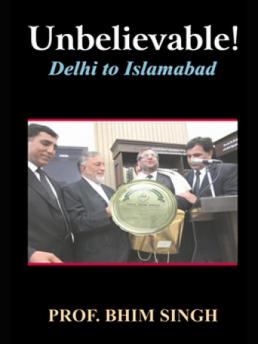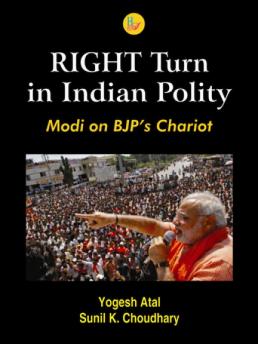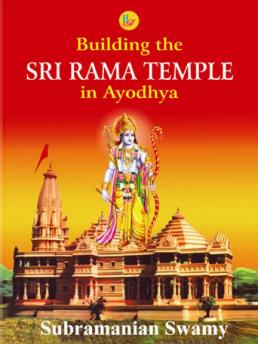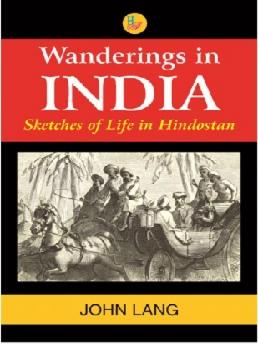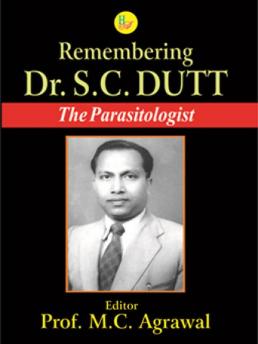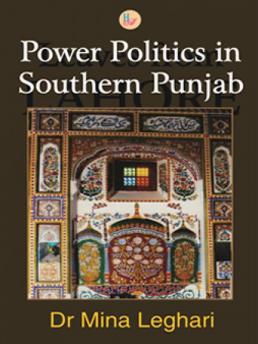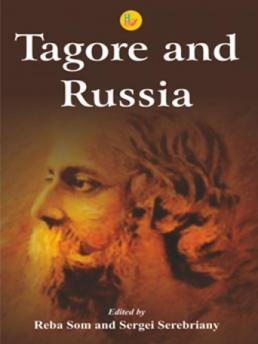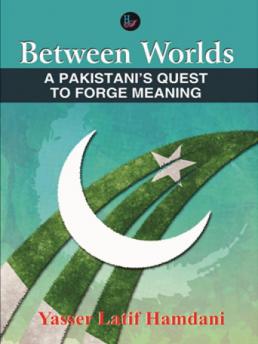Har-Anand Publications
Home
History and Politics
Human Rights and Terrorism in India
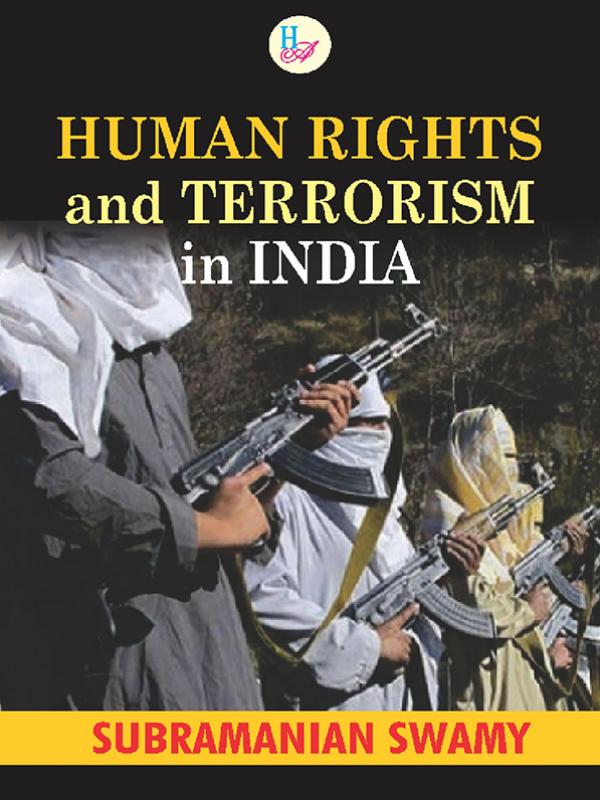

Human Rights and Terrorism in India
In 1948, the UN codified human rights in the Universal Declaration of Human Rights. In the Indian Constitution which came into force on January 26, 1950, the substance of this Declaration was codified as Fundamental Rights in the Constitution. Terrorism has a direct impact on human rights. The UN Security Council, in its Resolution No. 1566 (2004), referred to terrorism as “criminal acts, including against civilians, committed with the intent to provoke a state of terror in the general public or in a group of persons or particular persons, intimidate a population or compel Government or an international organization to do or to abstain from doing any act.” Today, every nation is being called upon to resolve the conflicting demands of combating terrorism and of protecting human rights. The purpose of this book is to trace how the combating of terrorism can be harmonized with human and fundamental rights within reasonable restrictions that is permitted by the Constitution and upheld by the Supreme Court of India. The relationship between the two is not “linear”, but “non-linear”. This endeavour is the purpose of the writing this book.
Read MoreAvailability : In Stock
ISBN : 978-93-91504-08-3
Description
In 1948, the UN codified human rights in the Universal Declaration of Human Rights. In the Indian Constitution which came into force on January 26, 1950, the substance of this Declaration was codified as Fundamental Rights in the Constitution. Terrorism has a direct impact on human rights. The UN Security Council, in its Resolution No. 1566 (2004), referred to terrorism as “criminal acts, including against civilians, committed with the intent to provoke a state of terror in the general public or in a group of persons or particular persons, intimidate a population or compel Government or an international organization to do or to abstain from doing any act.” Today, every nation is being called upon to resolve the conflicting demands of combating terrorism and of protecting human rights. The purpose of this book is to trace how the combating of terrorism can be harmonized with human and fundamental rights within reasonable restrictions that is permitted by the Constitution and upheld by the Supreme Court of India. The relationship between the two is not “linear”, but “non-linear”. This endeavour is the purpose of the writing this book.
Author/Editor
Dr. Subramanian Swamy Dr. Subramanian Swamy earned his Ph.D. in Economics from Harvard University in 1965. He conducted his doctoral research under the guidance of Nobel laureate Simon Kuznets. Additionally, he collaborated with Nobel laureate Paul A. Samuelson from MIT on published research concerning the theory of index numbers in 1974 and 1984. Dr. Swamy taught Economics as Assistant (1964-65) and later as Associate Professor (1965-69) at Harvard. He continued to teach at Harvard till 2012 as a visiting professor in the summer terms. He has authored over 50 research papers on index number theory, economy of China, and also authored several books on Economics, on China, and contemporary Indian issues. Dr. Swamy’s contribution during struggle against the State of Emergency and its dictatorship brought him into immense political limelight. He has been a Member of Parliament six times, and has also served as India’s Senior Cabinet Minister for Commerce, Trade, and Law & Justice in the 1990s. Currently, he is a senior leader with the Bharatiya Janata Party.
Book Details |
|
|---|---|
| Author/Editor | Dr. Subramanian Swamy |
| ISBN | 978-93-91504-08-3 |
| Subject | History and Politics |
| Number of Pages | 152 |
| Weight | 350 |
| Publisher | HAR-ANAND PUBLICATIONS PVT LTD |
| Publication Year | 2021 |
| Language | English |
| Binding | Hardback |
